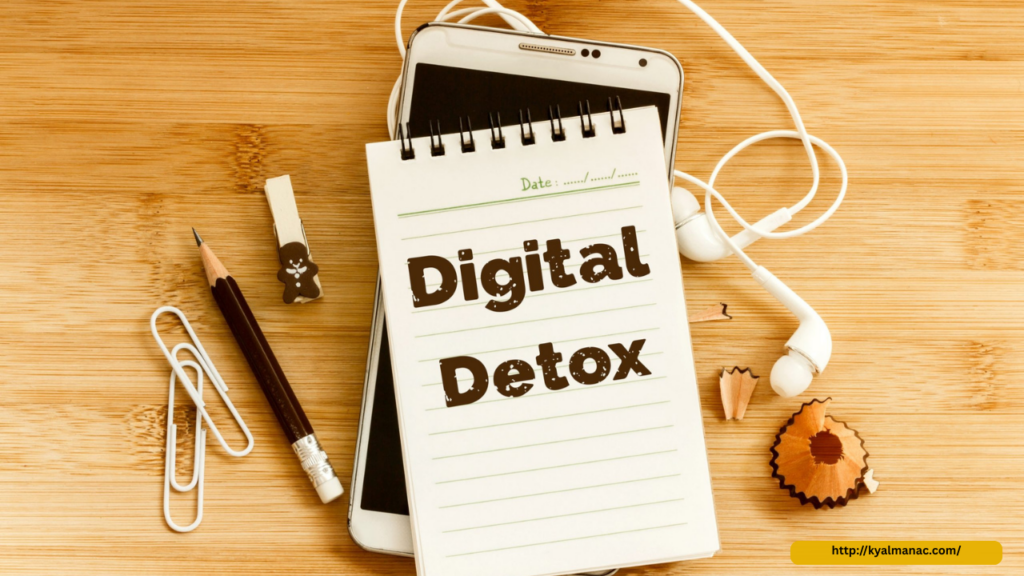
In today’s hyperconnected world, screens are nearly impossible to avoid. From smartphones and tablets to laptops and TVs, digital devices dominate our daily lives. While technology has undoubtedly brought convenience, connectivity, and information at our fingertips, the constant exposure to screens can take a toll on our mental and emotional well-being. A digital detox—a conscious break from screens—can offer essential relief and restoration for a healthy mind.
The Modern Screen Overload
According to research, the average person spends over 7 hours a day in front of a screen. This includes time spent working, streaming entertainment, browsing social media, and more. The effects of this constant screen use aren’t just physical (like eye strain or poor posture)—they deeply affect our cognitive and emotional health.
Some common issues linked to excessive screen time include:
- Digital fatigue and burnout
- Increased anxiety and stress
- Sleep disturbances due to blue light exposure
- Reduced attention span and focus
- Social disconnection despite virtual engagement
These issues make it clear that the mind needs moments of rest from digital overload to recharge and regain clarity.
What is a Digital Detox?
A digital detox is the intentional act of refraining from using digital devices for a set period. It can range from a few hours each day to an entire weekend or even longer. The goal isn’t to eliminate technology completely but to create boundaries that protect mental health and improve overall well-being.
Mental Health Benefits of a Digital Detox
1. Improved Focus and Productivity
Without the constant ping of notifications or the temptation to scroll, the brain can focus more effectively. Many people find that they can concentrate better, finish tasks faster, and experience fewer distractions after just a short break from screens.
2. Reduced Anxiety and Stress
Social media, news apps, and digital overload can contribute to anxiety and mental clutter. A detox allows you to disconnect from the pressure of constant updates, likes, and comparisons—giving your nervous system a chance to calm down.
3. Better Sleep Quality
Exposure to screens—especially at night—suppresses melatonin, the hormone that regulates sleep. Taking a digital break before bed can lead to deeper, more restful sleep, which directly impacts mental clarity, mood, and overall health.
4. Enhanced Real-World Connections
Digital detoxing creates space for more meaningful, face-to-face interactions. Whether it’s spending time with family, enjoying a nature walk, or simply having a conversation without glancing at your phone, these moments help strengthen relationships and improve emotional health.
How to Start Your Digital Detox
You don’t have to go completely off-grid to benefit from a digital detox. Here are some simple ways to get started:
- Set screen-free hours, such as during meals or before bedtime.
- Turn off non-essential notifications to reduce distractions.
- Designate no-phone zones in your home, like the bedroom.
- Engage in offline activities like reading, journaling, or exercising.
- Try a “tech-free weekend” once a month to reset and reflect.
Conclusion
In a world that never seems to power down, a digital detox is an essential act of self-care. Stepping away from screens—even temporarily—can lead to better mental health, increased mindfulness, and a deeper connection to ourselves and others. A healthy mind thrives on presence, not constant digital stimulation. Sometimes, the best way to recharge is to simply unplug.